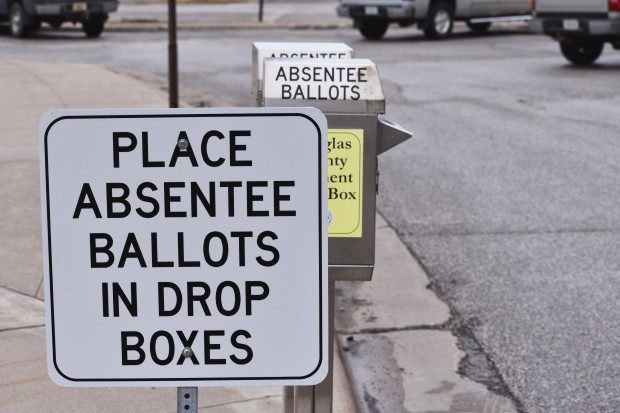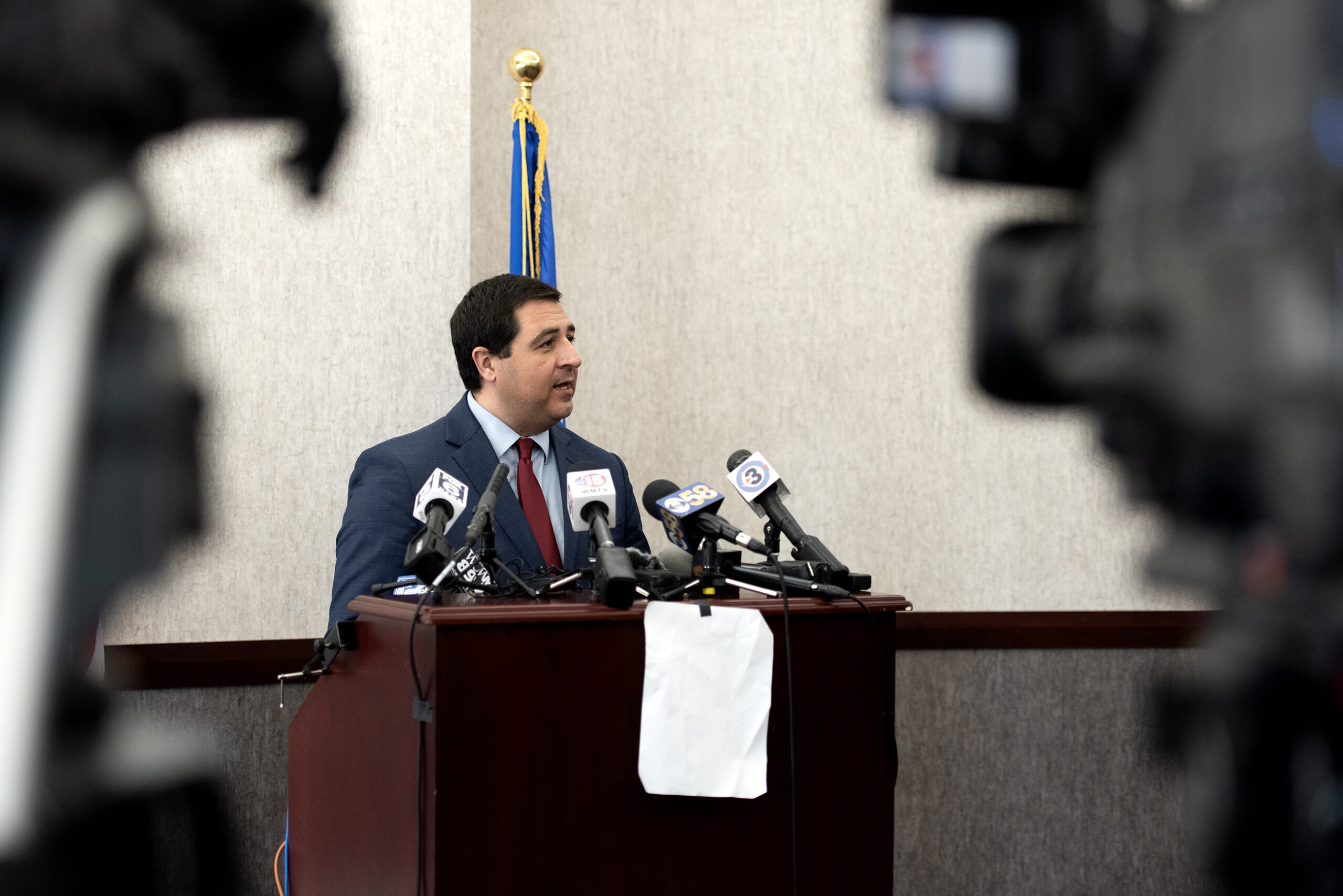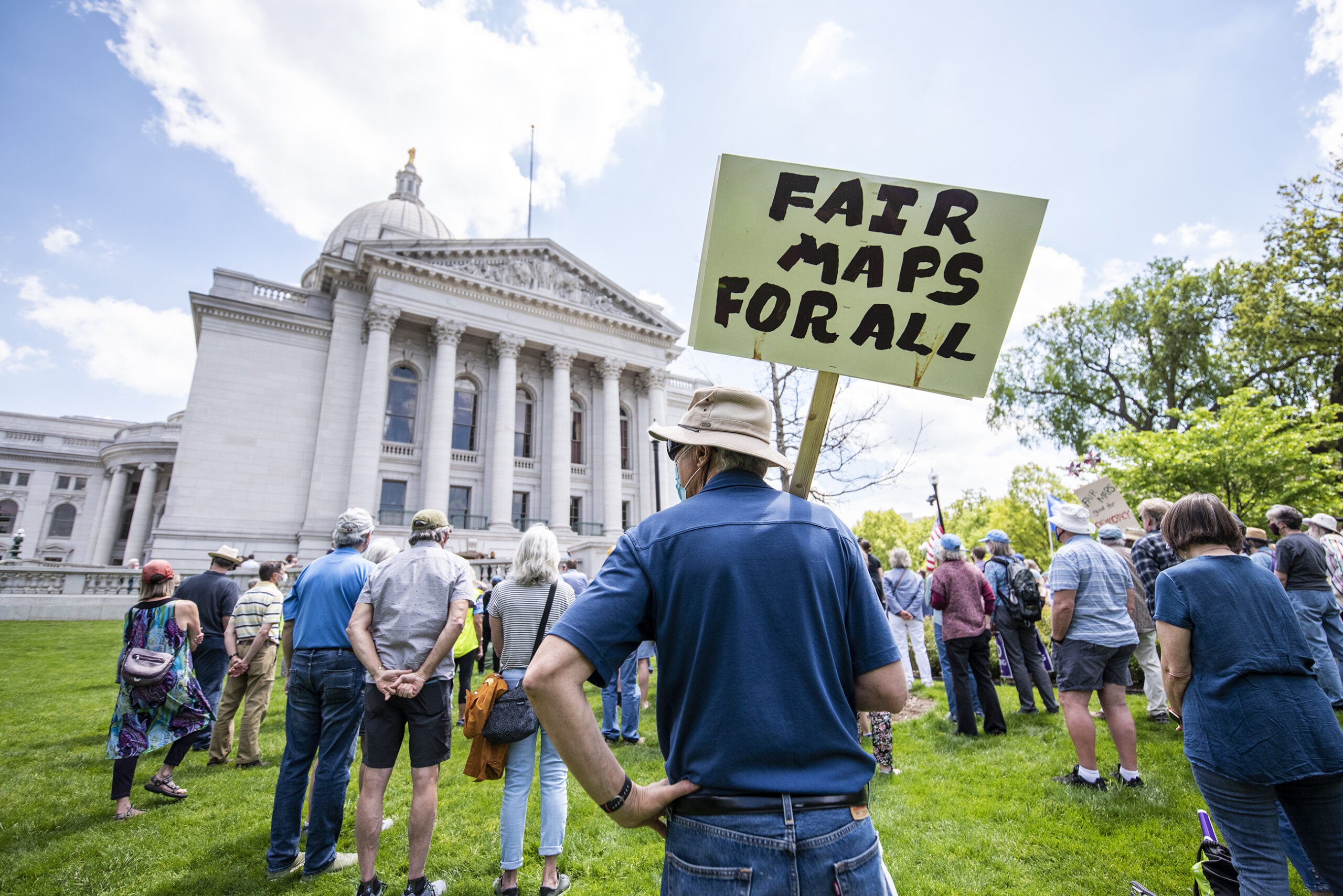The state Supreme Court issued a ruling Thursday clarifying who is eligible to receive unemployment benefits in Wisconsin.
The court’s ruling helps define a concept called “substantial fault,” which became part of state unemployment law in 2014.
The plaintiff in the case, Lela Operton, a former Walgreens employee, was denied benefits after being fired for eight cash handling mistakes during her employment. A circuit court ruled those mistakes qualified as substantial fault.
Stay informed on the latest news
Sign up for WPR’s email newsletter.
The Supreme Court disagreed with the lower court, ruling unintentional mistakes don’t qualify as substantial fault.
“Operton was entitled to unemployment benefits because her actions do not fit within the definition of substantial fault,” wrote Chief Justice Patience Roggensack in the court’s decision. “Operton’s eight accidental or careless cash-handling errors over the course of 80,000 cash-handling transactions were inadvertent.”
Lawyer Marilyn Townsend, who represented Operton, lauded the ruling.
“We all make mistakes and inadvertent mistakes cannot deprive a worker of the lifeblood of unemployment compensation,” Townsend said. “This decision is a decision that keeps our unemployment benefits for discharged workers from being gutted.”
The “substantial fault” law includes exceptions for minor or inadvertent mistakes and for workers who can’t do their job because of insufficient skill, ability or equipment.
The seven-member court ruled unanimously in the case.
Wisconsin Public Radio, © Copyright 2024, Board of Regents of the University of Wisconsin System and Wisconsin Educational Communications Board.






